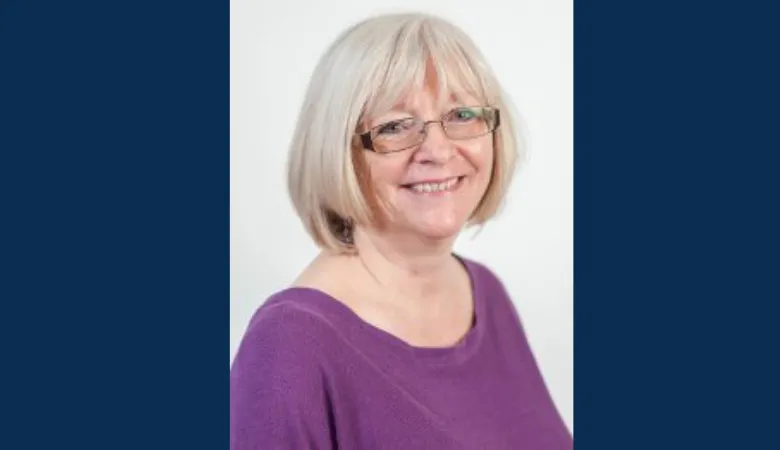08 March 2019
#WomenOfKings - Joy Burchell
Celebrating and elevating King’s women for International Women's Day.

It's International Women's Day on Friday 8 March – a global day celebrating the social, economic, cultural and political achievements of women. This year's theme is Balance for Better, which calls for a more gender-balanced society. From the board room to the government, media coverage to employment, gender balance is essential for economies and communities to thrive.
To celebrate International Women's Day, we spoke to women from the Faculty of Life Science & Medicine King's about their careers, inspirations and what drives them.
"Not many careers allow you the independence that a career in scientific research does"
Joy Burchell is a Professor of Glyco-oncology within the School of Cancer & Pharmaceutical Sciences.
What are you proudest of in your career?
I think this was when years of quite basic research resulted in our ideas having clinical application and a small Pharma company are now working towards phase I clinical trials.
Why did you decide to go into this field of study/research/work? What would you tell women who want to study in your field?
I went into research because I liked biochemistry. I was not one of those people who always knew what they wanted to do and this is probably because I didn’t realise what research entailed. When I was at College I was given a booklet called "Institutes that employ biologists”. I wrote to the Imperial Cancer Research Fund, obtained a job as a Scientific Officer and found out I really loved research. I would tell women to “go for it”. Not many careers allow you the independence that a career in scientific research does.
Who or what made you want to work in this field? How has your field changed since you started, and where do you see it going in the future?
I sort of “fell into” breast cancer research and changes in glycosylation and have stayed in it ever since. All types of biological research has changed tremendously over the last 15 years mostly due to advances in technology. Techniques that would take me three days when I first stared now take one or two hours. This has advanced all fields at a rapid pace. In the future I feel it is important that we develop better systems for the preclinical testing of new therapies as our present models in vitro and in vivo models are not really sufficient.
